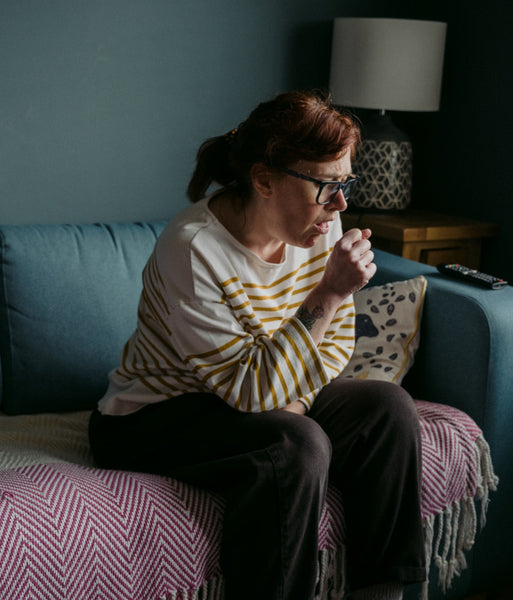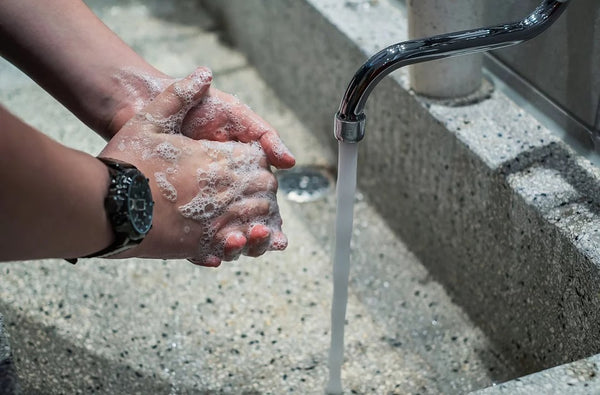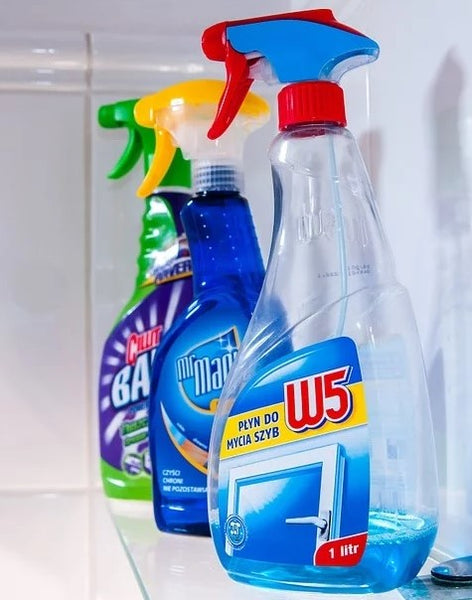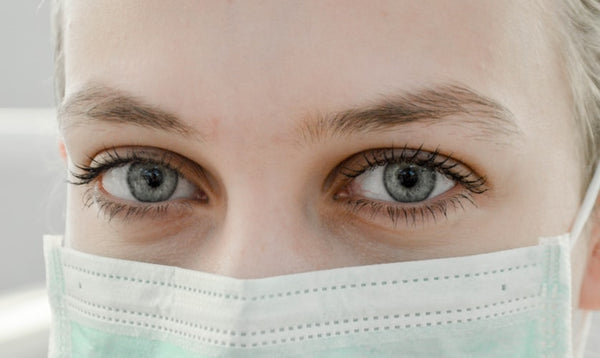News
15 Tips To Keep Your Household Ready For A Disease Outbreak

Coronavirus Disease 2019 (COVID-19) outbreak is currently the most serious and deadly matter that has been plaguing the world. It is spread through contact with the infected person then rubbing your face, eyes, and nose, droplets (coughs, sneezes), and possible via surfaces. At this rate, preventive measures are extremely important to follow while waiting for a vaccine to be made.
With this, you should create an informed, safe, and ready household in outbreak cases such as when Coronavirus rapidly spreads within your region, state, and community.
Here are 15 preventive measures and tips to keep your household ready for a disease outbreak.
1. Stay Informed and Be Calm
Watch the news, beware of the fake news online and only go to reputable sources such as WHO and CDC, and stay connected with your community regarding the outbreak updates in your area. The current outbreak (COVID-19 Pandemic) can be too stressful both for adults and kids. The more you are informed, the more you can keep everyone calm and prepared.

2. Discuss Plans with Your Family
All the members of the household should be aware of the current situation and understand what that means. So, gather everyone around and discuss the important household plans including updating about the outbreak (COVID-19 pandemic), practicing respiratory hygiene, stocking up on supply and usage, and contacting emergency health services.
3. Watch Out for Signs and Symptoms
Though others are asymptomatic, you should watch out for signs and symptoms of COVID-19 including dry cough, fever, tiredness, shortness of breath, sore throat, aches, and possibly nausea and diarrhea. These may appear 2 to 14 days after exposure to Coronavirus. Those who are older people, immunocompromised, and those with an underlying medical condition such as chronic respiratory diseases, diabetes, cancer, and cardiovascular diseases have a higher risk of contracting COVID-19 or other infections. If you or your family member has an illness, at higher risk, and showing the symptoms, then get in touch with your doctor or a health care provider right away to get tested.

4. Do Frequent Hand Washing and Disinfecting
If you’re not the kind who frequently washes your hands, then it’s time to change that attitude. Wash your hands as soon as you get home, after holding or touching surfaces you think are more prone to harmful microorganisms, after touching your baby, kids, elderly, sick family member, and other immunocompromised. Good, frequent handwashing with soap for 20 seconds will reduce the risk of contamination and transmission to you and others. You can use alcohol, hand sanitizers, or antimicrobial gels as well.

5. Avoid Touching Your Face
Be mindful and keep yourself from touching your and everyone else’s face, eyes, nose, and mouth, especially if you haven’t washed your hands or even after that. This action can decrease acquiring and transmitting respiratory infections.
6. Practice Proper Respiratory Etiquette
These respiratory etiquettes, even when you’re at home, should be followed for everyone’s benefit. Whenever you need to cough, cover your mouth with your elbow or tissue. Cup your hands and place them covering your nose and mouth, or use hanky or tissue when you sneeze. Be sure to throw your used tissues out, and wash your hands right after.

7. Stay at Home
Watch TV and movies, scroll on your social media, play games, spend the whole day with your family or pets, do whatever you want, just don’t go out. This is pretty clear: stay safe and stay at home. This is a simple yet huge preventive measure to avoid acquiring or spreading the virus (in case you already have it but don’t know it because you’re asymptomatic). More so if you’re sick, you should definitely self-quarantine and contact your health provider for consultation and for possible medical tests.
8. Disinfect the House
You should have a stock of household cleaners such as bleach, alcohol, detergents, and disinfectant spray. Mop and wipe every surface of your house to ensure they’re squeaky clean and have killed most, if not 99%, of germs. Frequently clean the doorknobs, switches, handles, bathroom faucets, kitchen counters, and other areas and surfaces that are mostly get touched.

9. Use A Separate Room for A Sick Member
A sick person can attract more infections since their immune system is compromised, and they can infect you and other household members as well. Provide a separate room for the sick member (if possible, the one with own bathroom), use disposable face masks (and gloves if possible), avoid sharing food, drinks, and personal items with them, clean their room, and check on them from time to time.
10. Stock Up on Food, Medications, and Household Supplies
Be sure to have enough food, diapers, milk, and other baby supplies, masks, bathroom and toiletries, household cleaning and laundry supplies, vitamins, pain, colds, and medicinal items, especially the prescription ones, good for at least 30 days. But, please do not hoard, and think of others who also be needing the supplies. Don’t forget to buy foods that boost your immune system.

11. Maintain Social Distancing
Social distancing means limiting close contact and putting distance of two or more meters away between you and other people. So, if you need to go out to go to the hospital or buy some supplies, make sure to avoid crowded areas.

12. Wear Face Masks
You hear reports that you don’t have to wear face masks if you’re not sick and have strong immunity. The thing is, at this rate, you don’t know whether you’re a carrier of the virus or you’re surrounded by it. Better stay safe than be sorry, so wear your face masks to limit the spread of the virus.

13. List Emergency Contacts and Organizations
Check on your family not living in your household, your relatives, friends, and neighbors if they’re doing fine. Jot down your local community’s list of health services, centers, pharmacies, hospitals, aid organizations, and other important services, in case you may need them.
14. Get Updates Regarding Your Work and School
Contact your employers and get updates and plans regarding the work situation, whether they’ll continue to let you work in the office, place you on a work from home, or put you on a work hiatus until the disease outbreak wanes. Communicate with your children’s school whether they’ll temporarily suspend the classes and will give homework to them instead.

15. Join an Online Community
While under home quarantine, why not take some time to search for and join a reliable online community or social media group. This way, you’ll be able to talk about your concerns, share your experiences, and have immediate access to relevant outbreak information, emergency plans, and preventive measure to keep all of you safe.
The rule of thumb here is to not getting infected and not infecting others that’s why we have these preventive measures. Keep your family and household informed, safe and ready for a mortifying disease outbreak such as the pandemic COVID-19.

